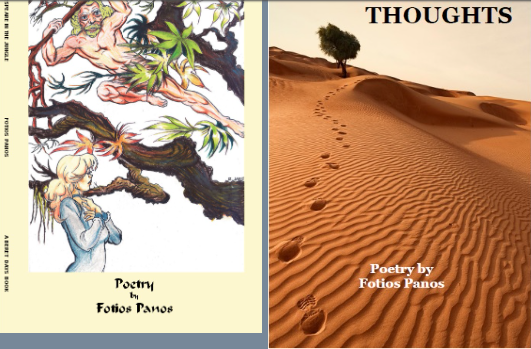In the realm of literature, poets hold a unique place as the creators of worlds, emotions, and profound human connections through the power of words. This article delves deep into the essence of being a poet, exploring their craft, their impact on society, and the magic of poetry that has endured through the ages.
The Poet’s Essence: Wordsmiths of Emotion
- A Poet’s Calling: At the heart of every poet lies a calling, a deep-seated urge to convey the human experience through the medium of words. They are the weavers of emotions and architects of verses.
- Emotion Craftsmen: Poets are artisans of emotion, using language as their canvas. They have the uncanny ability to take abstract feelings and sculpt them into tangible, relatable expressions.
Understanding the Craft of Poetry
- A Symphony of Language: Poetry is a symphony of language, where every word is carefully chosen to evoke emotions, provoke thoughts, and paint vivid mental images.
- Versatility of Forms: Poets are not bound by a single form or style. They explore diverse poetic forms, from sonnets to haikus, experimenting with structure and rhythm to convey their messages effectively.
The Role of a Poet
- Cultural Chroniclers: Poets often serve as chroniclers of their culture, capturing the essence of their times, beliefs, and values in their verses. Their work becomes a reflection of society’s collective consciousness.
- Healers of Souls: Poets offer solace and healing through their verses. In times of joy or sorrow, their words can provide comfort, understanding, and a sense of connection.
The Power of Poetry
- A Universal Language: Poetry transcends language barriers and geographical boundaries, uniting people across cultures. It is a universal language of the heart.
- The Impact on Society: Poetry has played a pivotal role in driving social change and raising awareness about societal issues. Poets have been catalysts for revolutions, champions of human rights, and advocates for justice.
Types of Poetry
- Free Verse: Free verse poetry is characterized by its lack of rhyme and meter. It allows poets to break free from traditional rules, creating a more natural and organic flow.
- Sonnet: Sonnets adhere to a strict 14-line structure with specific rhyme schemes. They are often used to explore themes of love and beauty.
- Haiku: Haikus are brief, three-line poems that originated in Japan. They follow a 5-7-5 syllable pattern and often focus on nature and the fleeting moments of life.
Famous Poets and Their Impact
- William Shakespeare: Shakespeare’s sonnets and plays are celebrated for their profound insights into love, humanity, and the human condition.
- Emily Dickinson: Dickinson’s poems explore themes of nature, death, and the self. Her unique style and use of dashes have made her a renowned figure in American literature.
- Langston Hughes: Hughes was a leading figure of the Harlem Renaissance, using his poetry to explore themes of race, identity, and social justice.
Poetry in the Modern World
- Spoken Word Poetry: The emergence of spoken word poetry has brought poetry to new audiences. Poets perform their work, infusing it with passion and emotion.
- Digital Age Poetry: Social media platforms like Instagram and Twitter have become hubs for poets to share their work, creating a digital poetry community that transcends borders.
Conclusion
The role of a poet extends far beyond crafting beautiful verses; it’s about being a conduit for the emotions and experiences of humanity. Poets shape our culture, give voice to the unsaid, and inspire us to see the world through different lenses.
In the tapestry of human existence, poetry remains a thread that binds us, a mirror that reflects our joys and sorrows, and a timeless art form that continues to move and connect us all. As we appreciate the artistry of poets and the magic of poetry, we celebrate the enduring legacy of this exquisite craft that has the power to touch our hearts and transcend generations.

